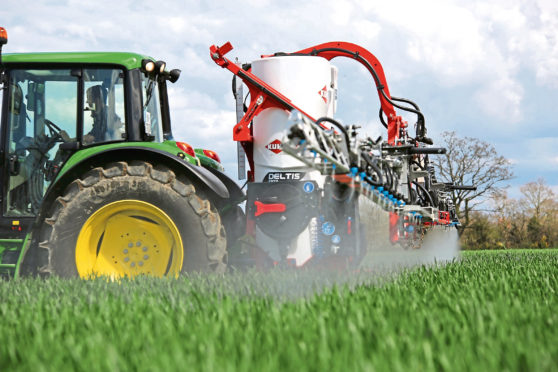Campaigners have warned standards curbing the use of pesticides in food production could be undermined by trade deals with countries such as the US.
As a former member of the EU, the UK has some of the most stringent pesticide regulations in the world and many agricultural products from other parts of the world which use the chemicals more freely cannot be sold here.
But in the wake of Brexit, trade deals with countries such as the US, Australia and India could drive down UK standards, a report from Pesticide Action Network, Sustain and Dr Emily Lydgate from the University of Sussex warned.
Consumers could be exposed to imported food grown with more chemicals, while trade negotiators are pushing the UK Government to allow currently-banned pesticides to be used in farms and gardens here, the campaigners claim.
YouGov polling of 1,654 people found almost three-quarters (71%) thought it was important the UK Government resists pressure in trade negotiations with the US to overturn bans on pesticides, “even if this means the best trade deal cannot be reached”.
A wide coalition of organisations, from the National Farmers’ Union to conservation groups, have warned the UK Government not to lower the UK’s animal welfare and environmental standards after Brexit.
They have also warned against allowing imports of food that would be illegal to produce here, amid concerns farmers and standards could be undermined by products such as chlorine-washed chicken and hormone-fed beef.
Josie Cohen, head of policy and campaigns at Pesticide Action Network, said: “Much attention has been paid to the dangers of ‘chlorinated chicken’, but the UK public is equally concerned about weakening pesticide protections.
“We know that US negotiators have our pesticide standards firmly in their sights and with the talks happening behind closed doors, the public has no way of knowing if health and environmental protections are being traded away.”
A UK Government spokesman said: “We have been clear we will not compromise on our high food and environmental standards and we will only permit the use of pesticides where robust scientific assessment shows they will not cause any harm to people or the environment.”
